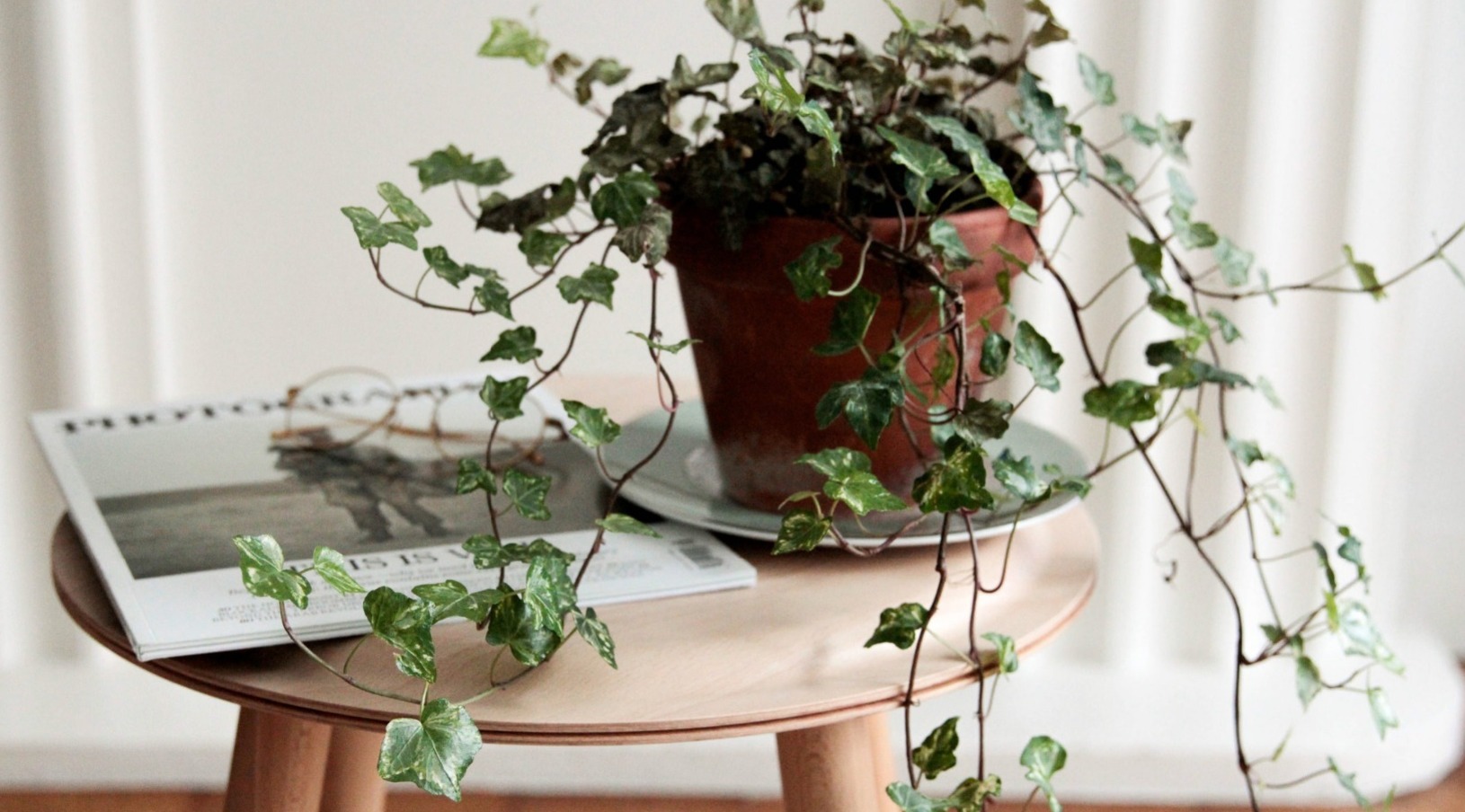Healthier with houseplants
Posted on 20th February 2023 at 16:15
Houseplants purify the atmosphere removing toxins from our daily living spaces and negating harmful radiation from devices. What's not to like?

People of a certain age (those over 50) according to an article in the national press a while ago, can apparently teach the younger generation a thing or two. Not about about Facebook or X or Instagram obviously, but about houseplants – a current craze amongst ‘Generation Rent’.
I don’t know about you but I was brought up with houseplants. Cut flowers, unless they came from the garden, were rarely in evidence and since buying my first home over 40 years ago I’ve always made sure to have at least one plant in every room. Instinctively it just felt good. There are some plants that I’ve had for such a long time that I practically count them as one of the family and I wouldn’t be without the aloe vera plant an aunt gave me over 20 years ago which sits on the kitchen windowsill and is such an effective treatment for minor burns. It has during that time earned it’s keep many times over by producing offsets and being divided up and given to friends. I have spider plants of a similar age that just seem to go on and on, and a mother-in-laws tongue I am plant-sitting for a friend who currently lives abroad, which has outgrown two pots in the 3 years that it’s been in my care. In fact the one thing they all have in common is that they seem to thrive on neglect. I rarely water them (although they do get the occasional cup of green tea), sometimes they get a tickle with a duster and the larger leaved ones get shined up from time to time with the inner side of a banana skin – you can’t get much more eco-friendly than that.
With rising house prices causing an increase in rentals it seems that houseplants have become the trendy way for tenants to make their mark on a property. But apart from their good looks and in many cases, structural beauty, evidence shows that houseplants can positively impact on our health.
They purify our living environments by removing harmful gases released by commercial fragrance products such as air freshener sprays, plug-ins, reed diffusers and scented candles. Synthetic scents have been shown to increase levels of both depression and breathing difficulties and yet we continue to spend millions of pounds on them every year. A NASA study found that plants also neutralise the chemicals found in furniture, household products, and decorating materials (unavoidable consequences of 21st century living) and it doesn’t really matter what type of plant they are, they all provide some benefit. This purification of the air also helps reduce the negative impact of radiation from the myriad devices that we all now rely upon, and that has to be a very good thing.
Environmental psychologists have long proposed that indoor plants can improve workplace performance and satisfaction. Having a plant in the office has positive outcomes, including improvements in emotional states, creativity and task-performance, and reductions in negative moods and distraction. With more and more people now working from home a few pounds spent on some houseplants can be a very good investment indeed. Swapping cuttings and off-shoots with friends is an even better proposition.
In my homeopathic practice I advise any clients suffering with allergies, asthma and other respiratory complaints, sleep disturbances, headaches, migraine, and depression, to remove all chemical fragrance products from their homes and cars. This simple measure is often enough in itself to lead to positive changes in their symptoms but if they also add houseplants into the equation, then improvements can be even more noticeable.
Whilst ‘Generation Rent’ spend their time showing off their houseplants on Pinterest the rest of us can simply get on with enjoying and benefiting from ours in a quieter, less obvious kind of way.
Tagged as: Houseplants
Share this post:





